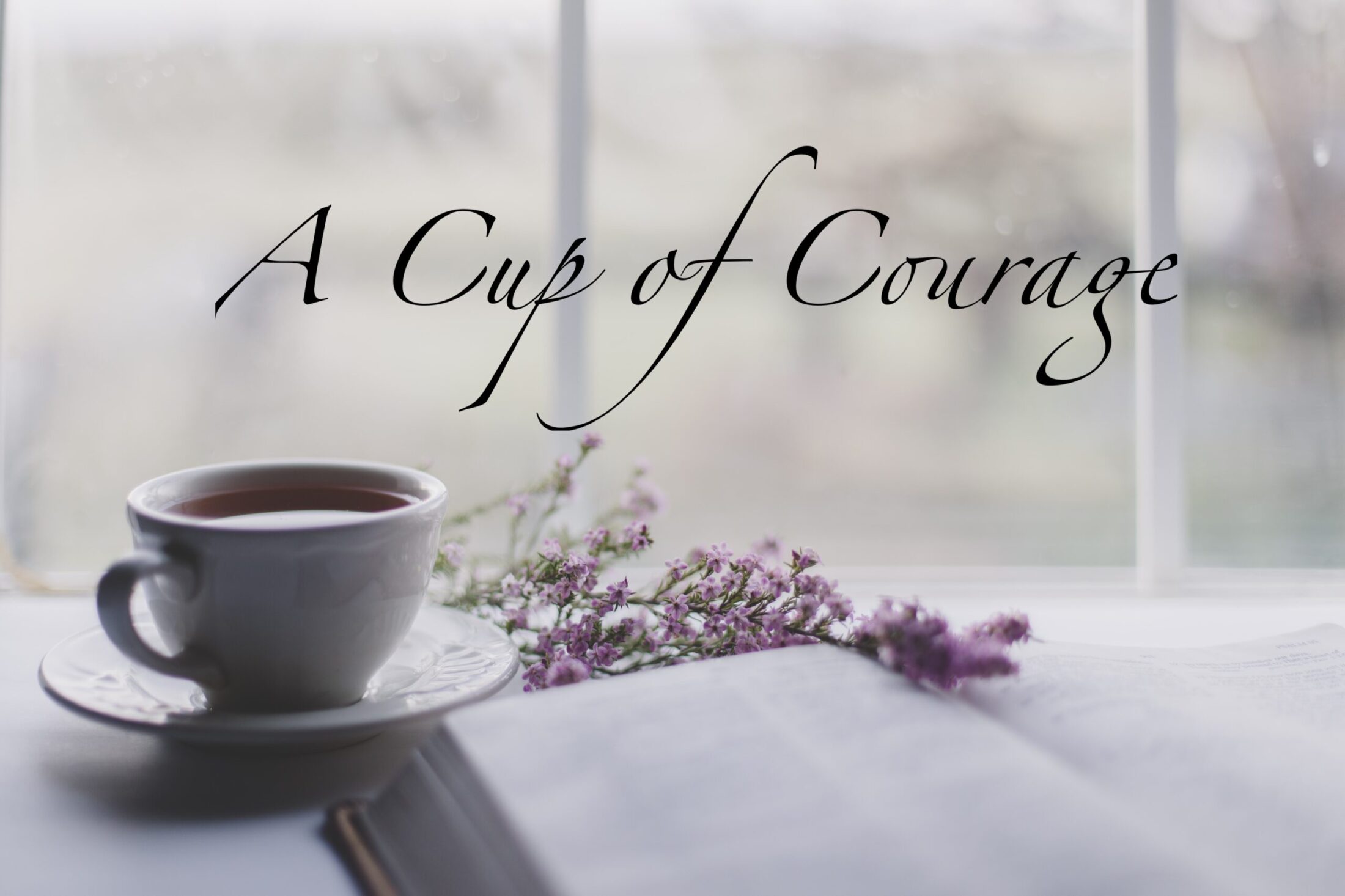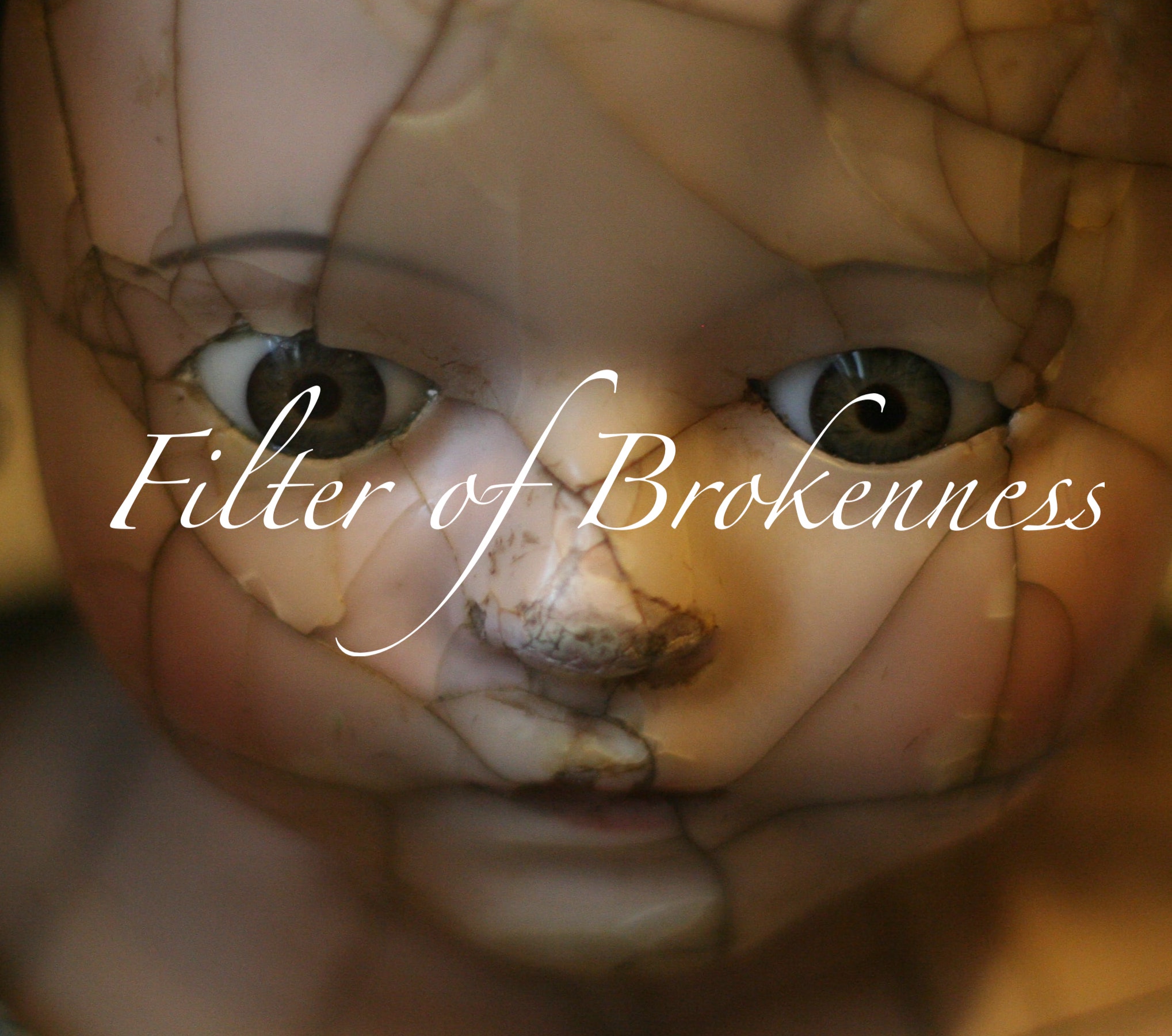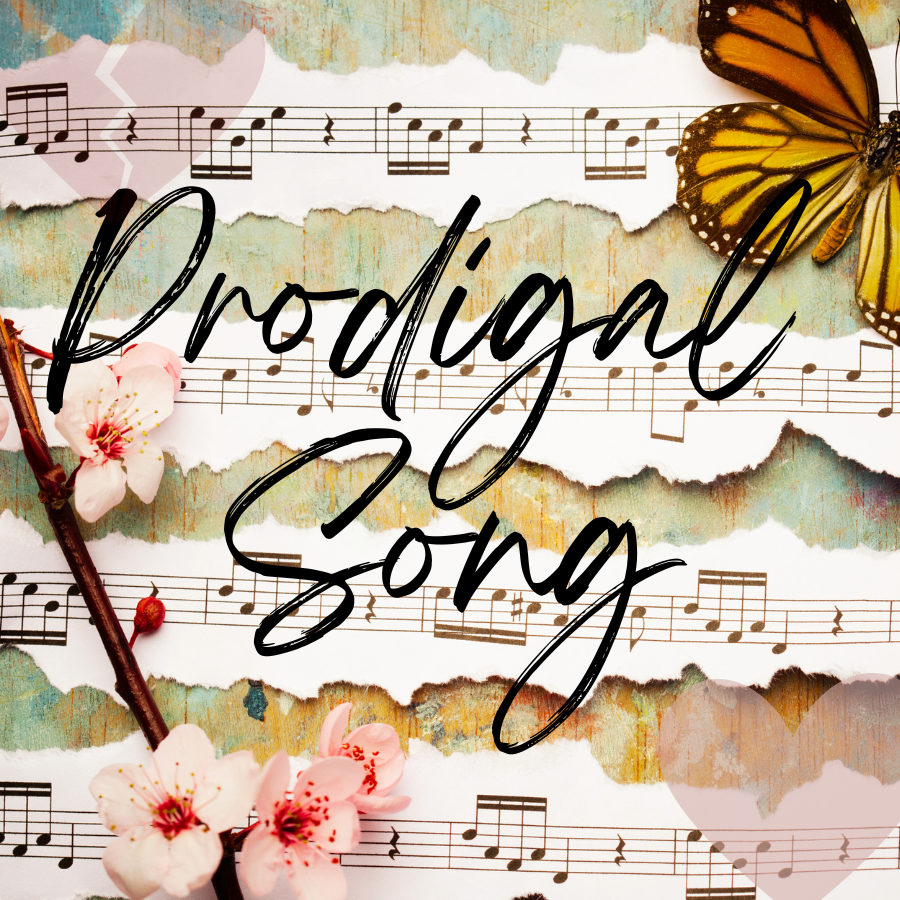A while back, as I was attempting to organize thousands of photos, I stopped at one. As I studied the person in it, a flood of pain with an extra side of guilt hit me. I asked myself why I couldn’t see it then; this person’s forced smile and desire to disappear was evident in this dogeared photo. If only I had seen it back then, if only I’d been more proactive, I thought. Holding that picture in my hands, I realized that even after over 20 years, I couldn’t forgive myself for my part in their pain. I had already asked forgiveness of them, and they forgave me, but my heart did not.
“By this, we shall know that we are of the truth and reassure our heart before him; for whenever our heart condemns us, God is greater than our heart, and he knows everything.”
1 John 3:19-20
Clutching Unforgiveness
I set the photo on my coffee table, picking up my lukewarm cup of tea, not breaking my gaze on that face in the photo. The guilt so present in the pit of my stomach had been as easily ignored as a comfortable pair of jeans. I knew I had to forgive myself and wondered why I was holding on to this guilt. I dug deeper, tracing the root through the soil of my soul. Was I holding on to that self-disappointment, trying to pay my penance, clutching the unforgiveness like a child holding a teddy bear or a drowning man clutching a raft? I didn’t know, but I am well acquainted with forgiveness’s importance in moving forward. I felt so guilty and had been afraid to take such an intimate thing to God. Why?
“It is a fearful thing to fall into the hands of the living God.”
Hebrews 10:31
The Heart is Tricky
For a while, I’ve been on a quest to deal with my issues in which I let life events bind me. This cannot be done completely without pushing into and not ignoring uncomfortable moments and revelations like this. Taking my last swig of tea, I forged my way into this pain, asking God to help me with his wisdom. That was when I realized I saw this person and life events through a filter. Through my brokenness filter, I still feel like this accomplished and capable person, as if those moments were frozen in time. They weren’t, but I was keeping them alive, nurturing them. Whenever we interact, I unknowingly encourage and sometimes enable their pain because it is at the forefront of my subconscious mind. My dealings with them, my heartbreak for them, colored how I saw everything in my life and theirs. Was my borderline overbearing, protective anger for their pain magnifying the troubles in their life and the lives of everyone I knew? Was it a desire to finally get it right, to absolve my guilt with my actions? I didn’t know for sure; the heart is a tricky thing.
“The heart is deceitful above all things. Who can understand it fully and know its secret motives? And it is [a]extremely sick; Who can understand it fully and know its secret motives?
Jeremiah 17:9
We Can’t Trust
It was a relief to happen in the scripture verse where the Apostle Paul (writer of about 2/3 of the New Testament) didn’t even trust his feelings or others’ feelings in judging himself. He placed himself in the hands of God. That phrase rolls off of our tongues too easily in modern churchdom. The practice isn’t for the weak of heart; it’s scary to do this with something we’ve held for so long and has swelled beyond its borders. We have to give up control and risk being at the mercy of God. Unmerciful and unforgiving people can’t forgive you, though you ask with tears. God isn’t like that. Part of faith is the helplessness of being at the complete mercy of his kindness while coming to him for our redemption. Asking him to be the judge and putting it in his hands might take courage, but nothing is better. No human knows the hearts of others or their own as God does. He’s truly the best judge of guilt and definitely capable of redeeming our mistakes. T
“… But with me, it is a very small thing that I should be judged by you or by any human court. In fact, I do not even judge myself. For I am not aware of anything against myself, but I am not thereby acquitted. It is the Lord who judges me.”
I Corinthians 4:2-4
Why Do We Do It?
When we can only see we see life, others, and ourselves through the filter of our brokenness, we cause and receive pain and trouble. We must forgive ourselves. Why do we hold unforgiveness towards ourselves? I know a few reasons.
Control -we fear being judged by others or God; we want to control the measure instead of giving them the power to prevent it. We self-inflict harm because we can handle that and let up before it destroys us. Here are some reasons, but there are more.
Expectations- We failed our expectations, forsook our values, and acted against who we think we are. We don’t want to face our weaknesses or failure. We are so disappointed in ourselves that we can’t get over it. That’s not who we are, so we bury it beneath works of doing many things right.
Self Condemnation – We get used to the habit of condemnation. As Joyce Meyer says, you don’t feel right unless you feel wrong. It’s a default response to self-blame. Or we’ve harshly judged others and set a subconscious standard for which it deserves condemnation.
Getting Free
One part of getting free is we must adjust our judgment meter. This may be hard to hear, but our gauge is set by how strictly we judge others in our past and present. We will automatically judge ourselves to that measure. (When you are dealing with a narcissist or a sociopath, this is different. You will need professional help. I wrote a little about that in two of my blogs, “Serpent vs. Dove” and “Money, Power, and Fame .”) This is for normal relationships.
Judge not, that you be not judged. For with the judgment you pronounce, you will be judged, and with the measure you use, it will be measured to you.
Matthew 7:1- 2
Thoughts from the Apostle Paul
But I see another law at work in me, waging war against the law of my mind and making me a prisoner of the law of sin at work within me. 24 What a wretched man I am! Who will rescue me from this body that is subject to death? 25 Thanks be to God, who delivers me through Jesus Christ our Lord!
Romans 7:23-27
So then, I myself in my mind am a slave to God’s law, but in my sinful nature[a] a slave to the law of sin.
Good News
So what do we do when we can’t control that thing inside of us that holds on to sin, even if it’s unforgiveness of oneself? Does God want to punish us by letting us whip ourselves until we are bloody? We can’t rewind to and undo the past, like we can’t undo our sins. We may have consequences, but consequences and forgiveness are different. They could be the loss of a job, a strained relationship, or another hardship, but no amount of suffering can atone for our sins. That’s why God sent Jesus: the only way to cleanse us from our sins. All we need to do is give up the control of divvying out our punishment or that of others. When we allow ourselves the vulnerable (sometimes scary) moment to acknowledge our need to receive grace and forgiveness, he takes our brokenness and makes it whole. We then begin to see life and ourselves through a redemptive lens, not a broken filter.
Therefore, there is now no condemnation for those who are in Christ Jesus, 2 because through Christ Jesus the law of the Spirit who gives life has set you[a] free from the law of sin and death.
Romans 8:1-2
Poem
We all have those times when things are revealed, and we feel helpless to change them. This is when we can turn to God. I wrote a poem about this in 2002 called “Helpless.”





